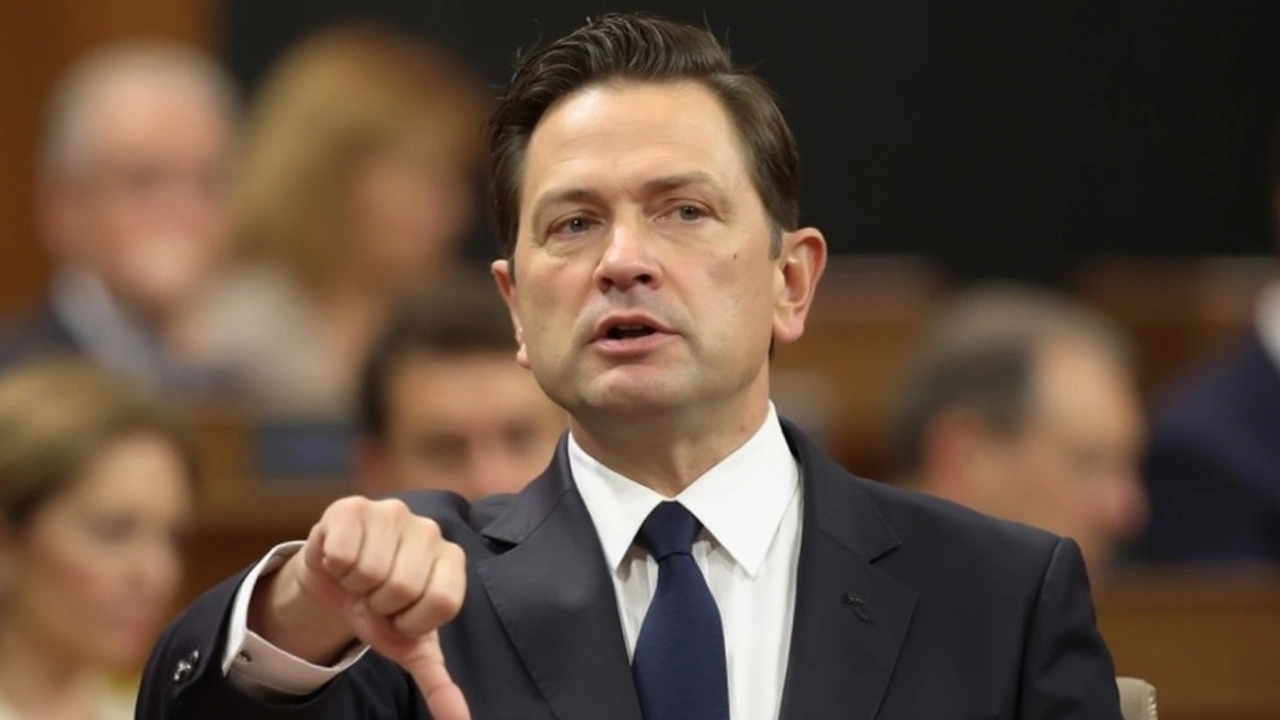Poilievre Targets Online Harms Act Over Cost and Free Speech
$200 million. That’s what it could cost to put the Online Harms Act—Bill C-63—into action, and Conservative Leader Pierre Poilievre isn’t holding back. He’s calling the bill a “censorship monster,” vowing that if it becomes law, it’ll be scrapped the second the Conservatives form government. He points to a recent Parliamentary Budget Officer (PBO) report, which tallies the projected five-year price tag at just over $200 million. For Poilievre, that’s proof the whole plan is bloated and wasteful, not to mention a direct threat to Canadians’ right to speak their minds online.
The bill, tabled by the Liberal-NDP coalition, aims to curb harmful content across the web. We’re talking about a crackdown on child sexual exploitation material, revenge porn, and hate speech. The government’s plan? Build a Digital Safety Commission and appoint an Ombudsperson who would, in theory, keep tech giants in check. Social media and hosting platforms would have to submit detailed safety plans, watch out for illegal content, and, whenever something gets flagged, take it down within 24 hours. The government has already set aside $52 million just to get the new commission up and running.

Debate Over Free Speech, Bureaucracy, and Scope
If you ask Justice Minister Arif Virani, this is all about protecting Canadians, especially kids and teens, from predators and hate mobs online. He’s been quick to point to real-life harms, arguing the bill is overdue given the power of digital platforms to spread abuse. But the Tories—and plenty of others—see a bureaucracy in the making, one that could easily spiral into censorship. Poilievre has lumped Bill C-63 together with controversial laws like C-11 and C-18, claiming all three threaten freedoms more than they protect anyone from harm.
The cost debate is just one piece of the puzzle. Back in December 2024, blowback from civil liberty watchdogs forced the government to break the bill into two parts. Now, content regulation stands alone, while the bill’s tougher parts—like life sentences for hate crimes and a route for filing discrimination complaints—form a separate legal track. The Canadian Civil Liberties Association was quick to call this a good move, saying it clears the way for proper debate around digital safety without drowning in wider free speech headaches.
If the Liberals want the bill to pass, the math is tight: they’ll need the New Democrats or Bloc Québécois backing them on the main content rules, even as opposition to the hate crime additions remains fierce. But even supporters admit the tricky balance—protecting Canadians from real threats while steering clear of government overreach—hasn’t been cracked yet. For now, the battle lines are clear: is it smart safety reform, or another layer of expensive red tape?
